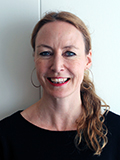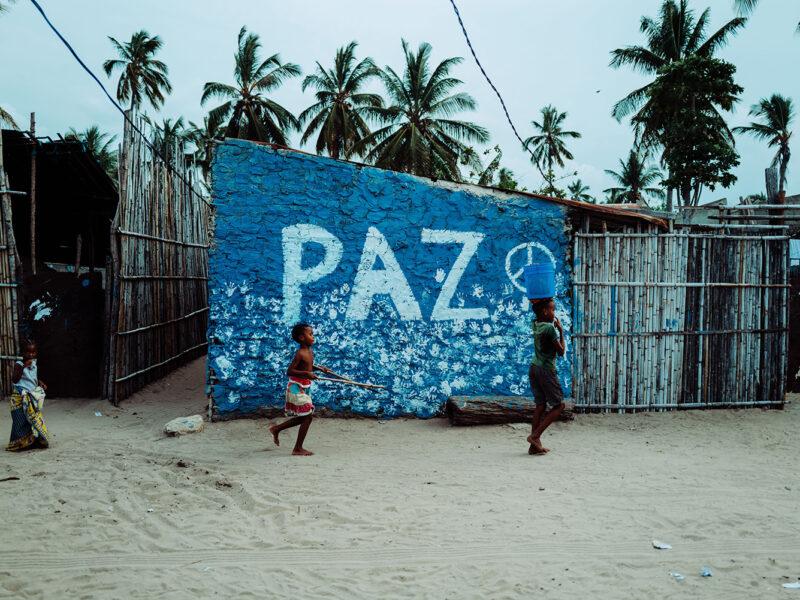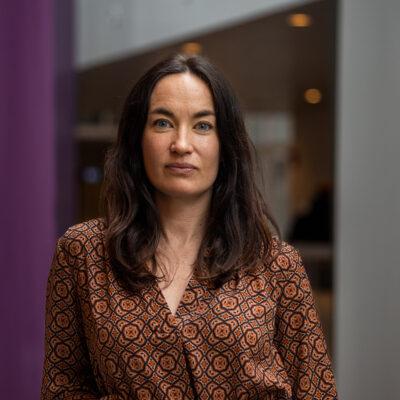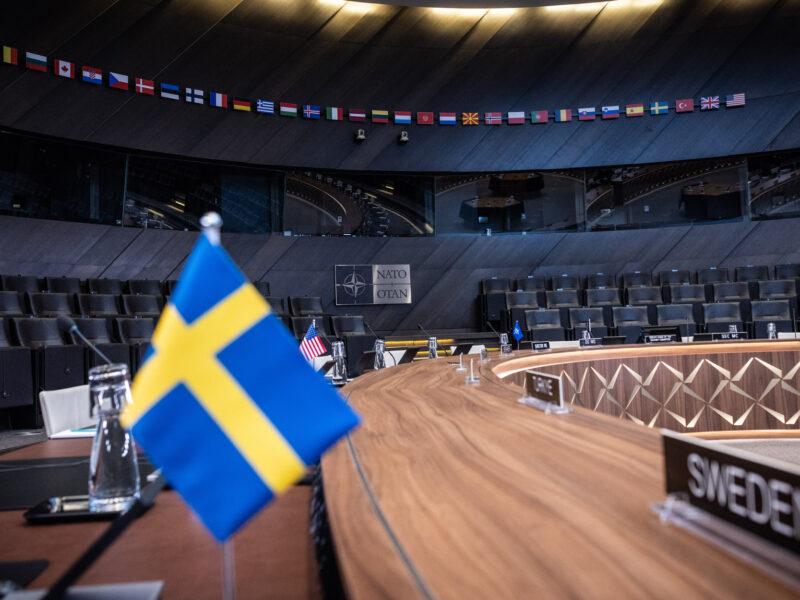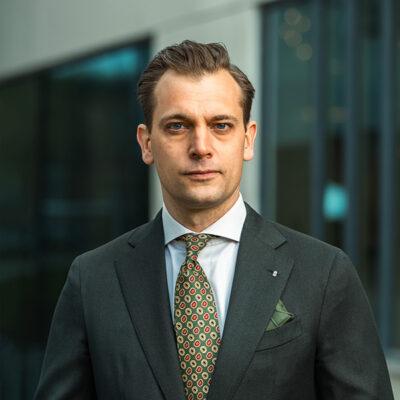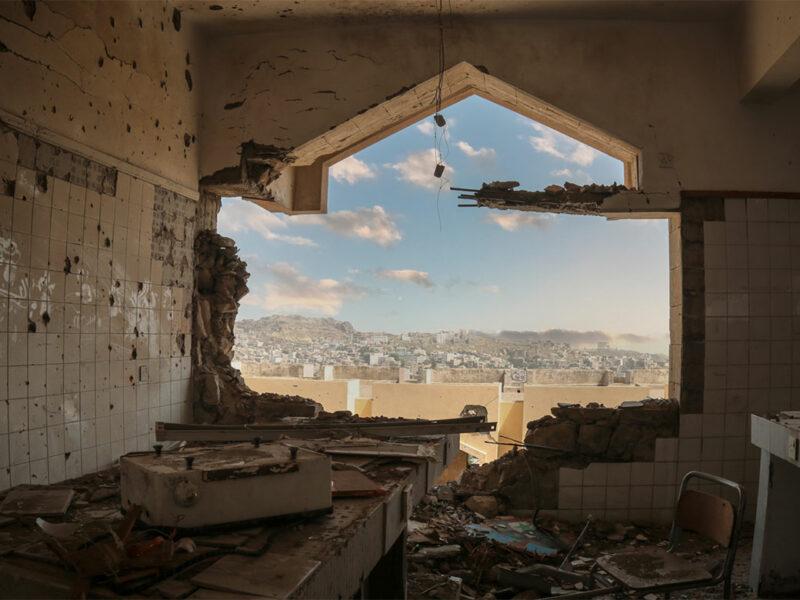International Day of UN Peacekeepers – gender equality for efficiency
On 29 May, we commemorate the International Day of United Nations Peacekeepers and, in Sweden, the Veterans Day, paying tribute to individuals who have served in peace operations. All of those who contribute to peace operations in an effort to make this world a better place are worthy of great praise. In acknowledgement of their commitment and sacrifices, and with the unmistakable goal of enabling and building peace and security in conflict-torn and -prone countries, we should do our utmost to ensure that the missions that these individuals serve in are as efficient and effective as possible.
Leadership is key to the success of peace operations. Good leaders will provide a peace operation with direction and ensure that all of its members work efficiently and professionally towards the same goal. This is arguably especially crucial today as we witness the UN’s blue helmets often operating in conflict-ridden and dangerous contexts, at times being targeted themselves. Moreover, there is pressure on the UN to ensure that its missions are as cost-effective as possible, especially given signals from the US of significant budget cuts to UN operations.
Leading a complex operation under the auspices of the UN is, however, not an easy job. Indeed, some would say it is impossible. A Head of Mission may need to lead and motivate many thousands of staff from different cultures – national as well as professional cultures, including civilian, police and military personnel. Often, the job involves complex political tasks in an uncertain, unpredictable context. And she or he will likely face a broad range of potential undertakings; from diplomatic negotiations with the host country to crisis management, for example if the mission comes under attack.
It is therefore crucial that the right person is recruited for the right job. That clearly means the appointment of skilled women and men. Sadly, the figures of the number of women in leadership roles within the UN are quite discouraging. The so-called HIPPO Report (High-level Independent Panel of Peace Operations) – a 2015 expert review of UN peace operations – underscored the need for more women in higher positions, and the new UN Secretary-General António Guterres has made it one of his goals to achieve gender parity in top UN posts within his five-year term. While commendable, there is much to be done. Figures from April 2017 show that women accounted for only about one quarter of the nearly 220 senior UN posts with New York as duty station. Of the current 16 peacekeeping missions, four are headed by women.
To boost these figures it is important to consider the effects. While women in peace operations may play a valuable role in for example interaction with women in the host community, their participation should also be promoted because of their skills and expertise. Looking at companies, research shows that a higher participation of women in decision-making roles leads to stronger market returns and profits. There is also data showing that women, while fewer in numbers than their male counterparts, are rated as better overall leaders. Looking back at my own experience, I am convinced that a working environment will benefit from a mix of women and men employees, as will work results.
Last week, my colleague Senja Hägglund and I participated in a meeting at the UK Foreign and Commonwealth Office (FCO), co-hosted by the Universities of Durham and Reading, on how to increase the number of women in the UN. Various issues and possible measures were discussed, including mentorship and sponsorship programmes; “blind” recruitment; flexible working hours and family-friendly employment policies; and the need to closely examine why exactly women do not reach or leave the UN before reaching higher positions.
Responsibility lies with both the UN and its Member States, who must step up to the plate and nominate more women candidates for senior UN positions. Crucially, gender balance must go beyond figures. Women should for example be appointed not only to jobs traditionally viewed as “softer”, but also to those viewed as “harder” and sometimes more important, such as peace and security. Ultimately, attitudes and assumptions must evolve so that the UN can fully benefit from the most capable individuals, inevitably comprising both women and men.
av Kristina Zetterlund
